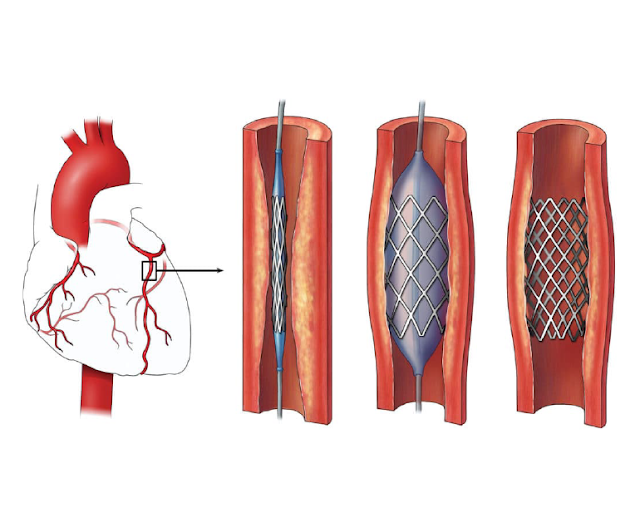How Does Sleep Affect Your Heart Health?
Health of the heart is extremely important to the overall health of every individual. Heart problems can arise from multiple factors like poor diet, lack of exercise, smoking, drinking, etc. In addition to all these causes, sleep deprivation can also cause a lot of harm to heart health.
Sleep is critical to good health. It enables the human body to recharge and repair itself. Getting sufficient and good quality sleep is essential for a person to be in good condition during the day. A normal person requires 6-8 hours of undisturbed sleep every night.
Effect of Lack of Sleep
Sleep deprivation has negative effects on heart health. Lack of sleep increases the risk of conditions impacting the heart such as obesity, diabetes and high blood pressure. These can lead to heart disease, heart attack and stroke.
Ø Obesity: Not getting proper sleep may affect the part of the brain controlling hunger and can lead to abnormal weight gain.
Ø Diabetes: Getting sufficient sleep helps in improving blood sugar level, while lack of proper sleep can cause sugar build up in the blood and damage the blood vessels.
Ø High blood pressure: Blood pressure goes down during normal sleep, but can stay higher for a longer period of time in individuals having improper sleep.
Sleep Problems
Common sleep conditions that can impact heart health include sleep apnea and insomnia.
Sleep apnea occurs when the airway gets blocked during sleep causing a person to stop breathing for a small period of time. It can be caused by issues like obesity and heart failure.
Insomnia refers to the problem with falling sleep. It may be caused by heart disease and high blood pressure.
How to sleep better?
DrRamji Mehrotra advises that is important to have a regular sleep schedule by going to bed at the same time every night and waking up at the same time every morning. This will enable a person to sleep better as the body and brain get accustomed to the routine.
Usage of electronic devices must be stopped at least 30 minutes before going to bed as they can interfere with sleep. Alcohol, caffeine and consuming heavy meals should be avoided closer to bed time. By having adequate exercise and physical activity during the day, a person can sleep better during the night.
If a person continues to experience sleep disorders, it is essential to consult a healthcare professional and seek assistance.

Comments
Post a Comment